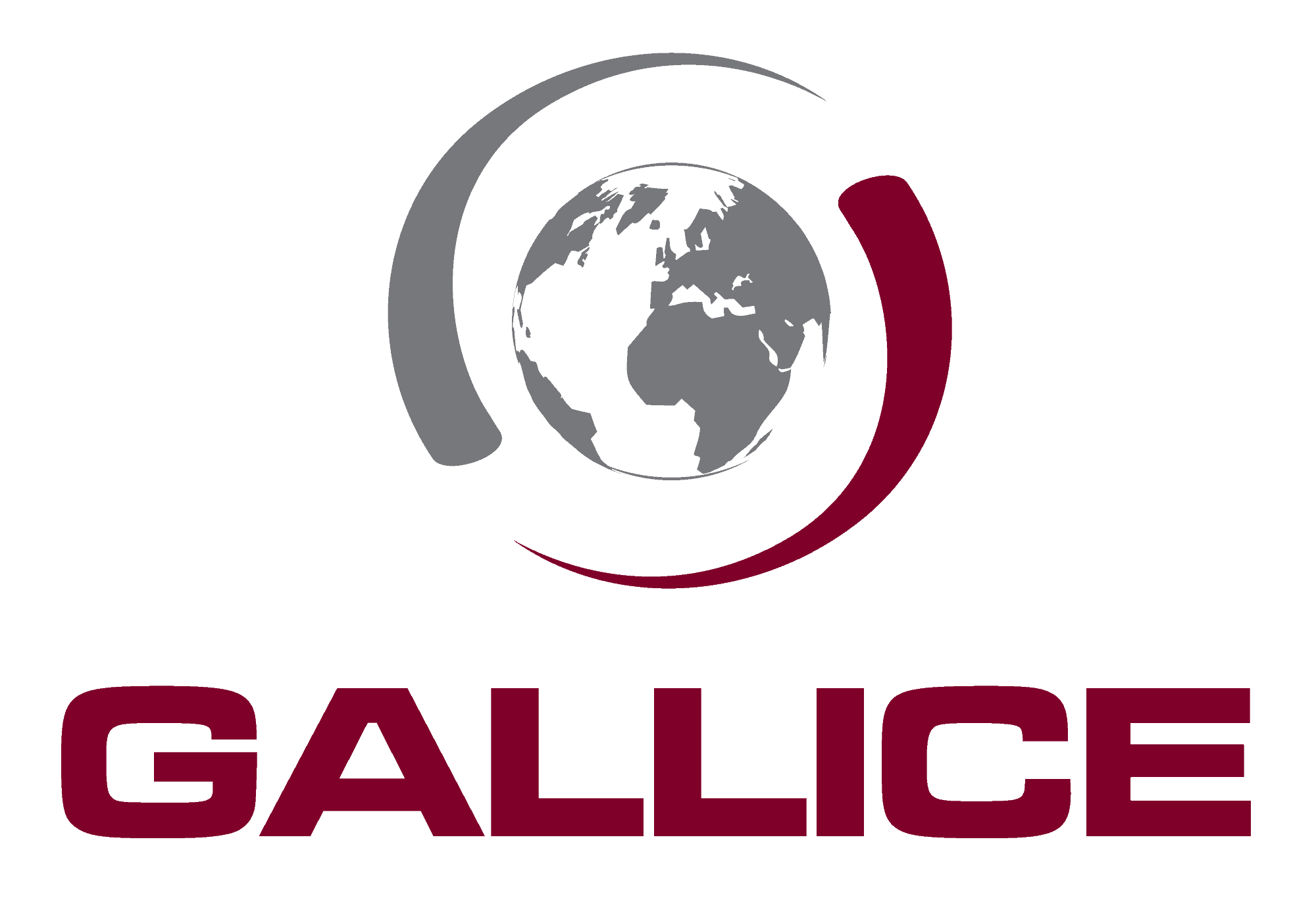DJIBOUTI
In 2025, Djibouti maintains apparent political stability, underpinned by a firmly entrenched authoritarian regime led by President Ismaïl Omar Guelleh since 1999. This small strategic state in the Horn of Africa plays a central role in regional maritime security, particularly through its control of the Bab el-Mandeb Strait, a vital global trade route.
Politically, the situation remains tightly controlled. The opposition is marginalised, the media heavily censored, and public freedoms limited. The regime’s stability is based on clan loyalties, security control, and strategic rents from hosting foreign military bases. The 2025 elections are expected to bring no genuine political change.
Djibouti hosts several foreign military bases (France, the US, China, Japan, Italy), making it a major logistical hub for regional operations, especially regarding the war in Yemen, Red Sea tensions, and unrest in Somalia. This concentration of foreign forces ensures geopolitical stability but also makes Djibouti a potential target for terrorists or insurgents.
While the region is volatile, Djibouti itself has remained free from major attacks in recent years. The terrorist threat is real in the region (notably in Yemen, Somalia, Ethiopia), but has not materialised within Djibouti, thanks largely to close cooperation with international security partners.
Social tensions persist however. Youth unemployment is very high, inequality is stark, and public service access (water, electricity, healthcare) remains limited in many parts of the capital and rural areas. Latent tensions exist among communities but did not erupt into any major violence in 2024.
Modern infrastructure (ports, airports, logistics corridors) continues to develop with Chinese investment, though the local population sees few direct benefits. Political life remains opaque, and protests, though rare, are swiftly repressed.
Djibouti is considered relatively safe for travellers and diplomatic missions, provided local laws are strictly followed and border areas with Ethiopia and Eritrea—more sensitive and potentially unstable—are avoided.
